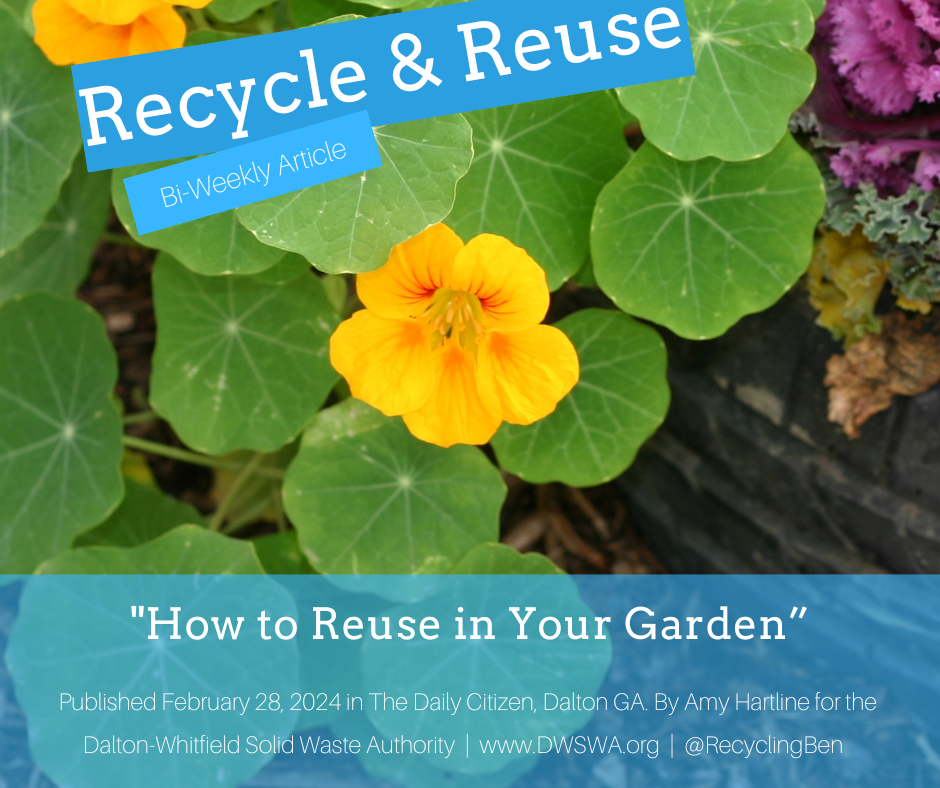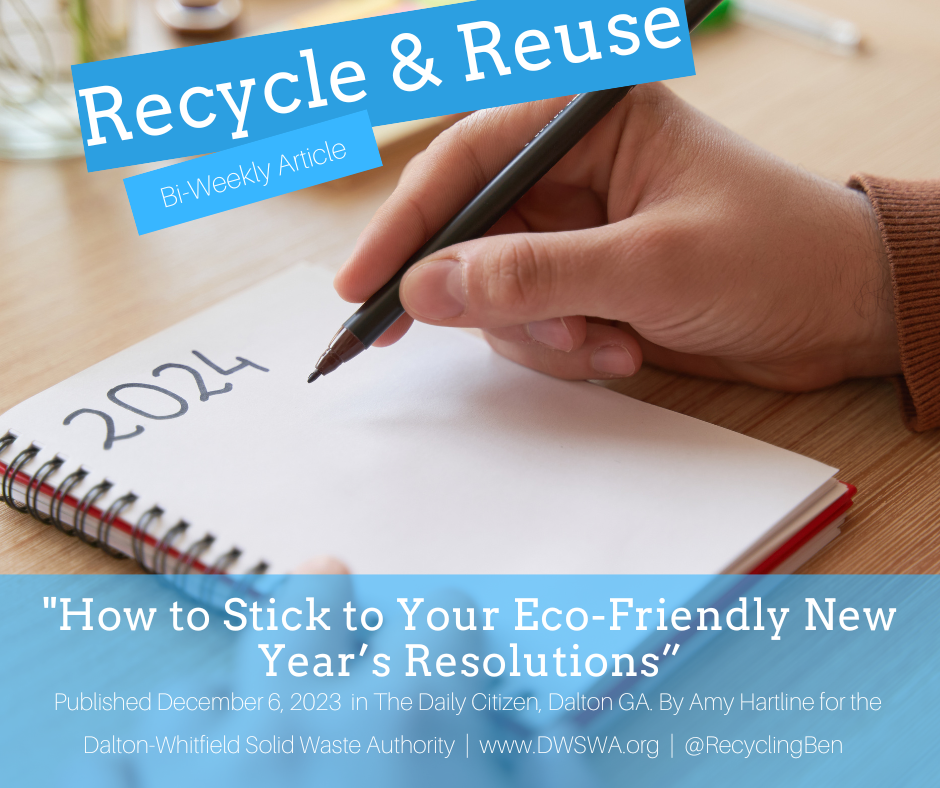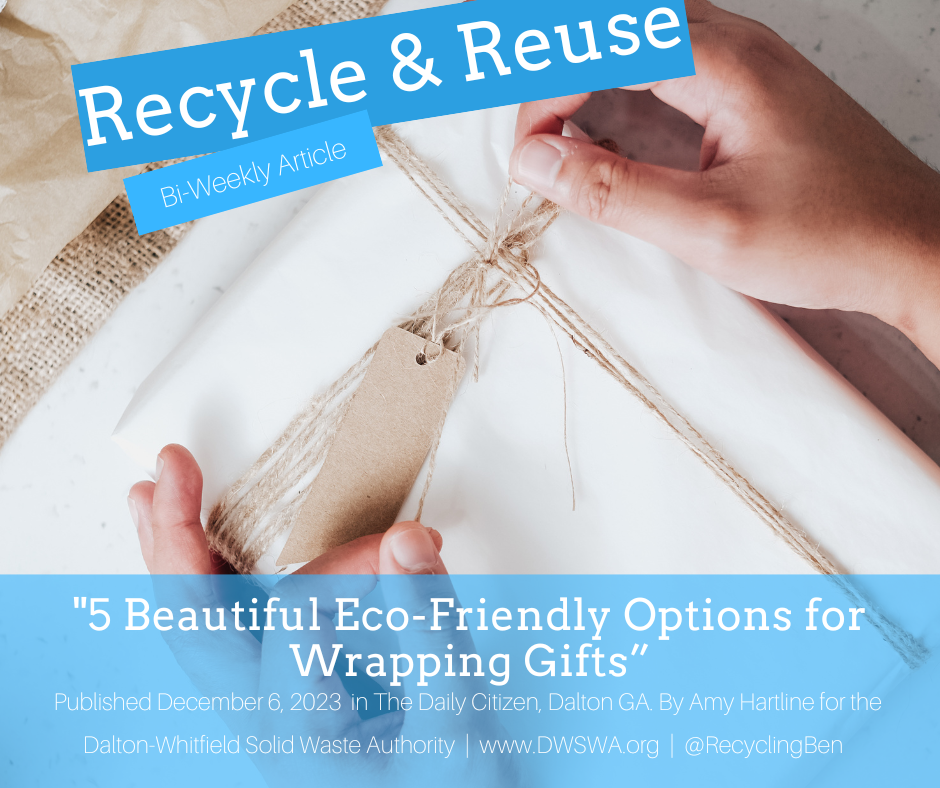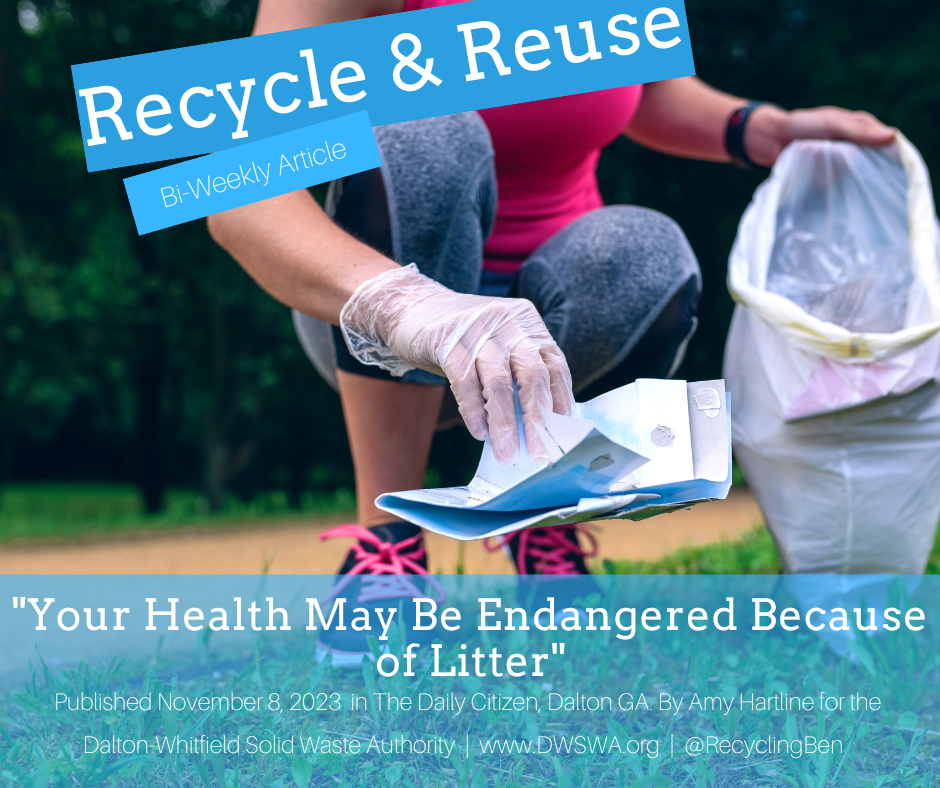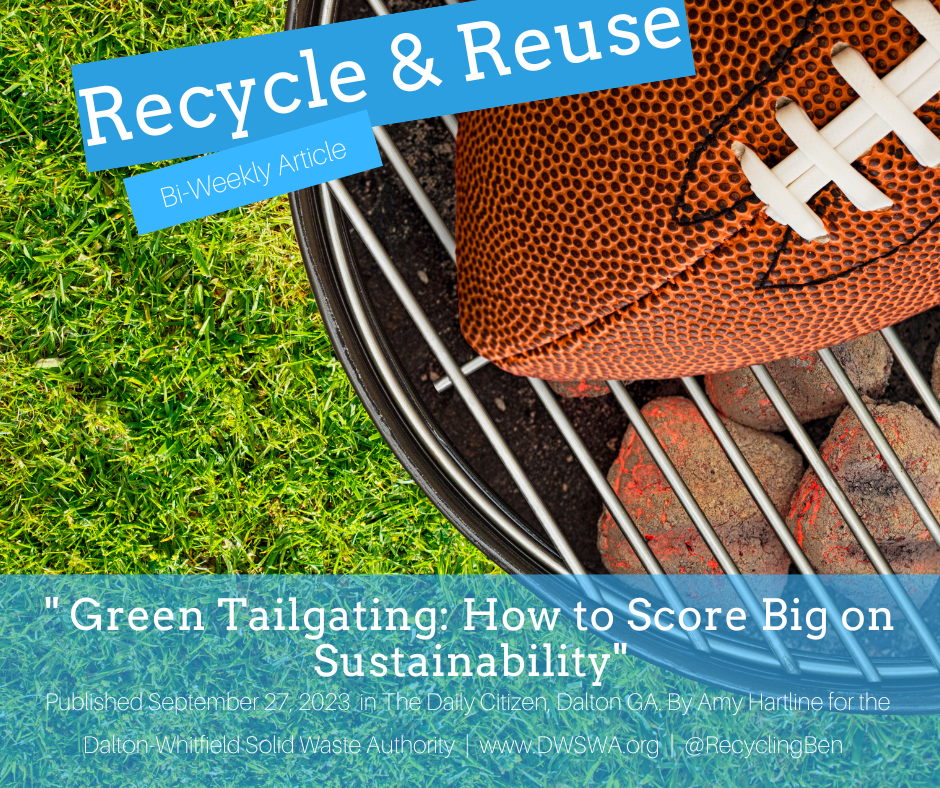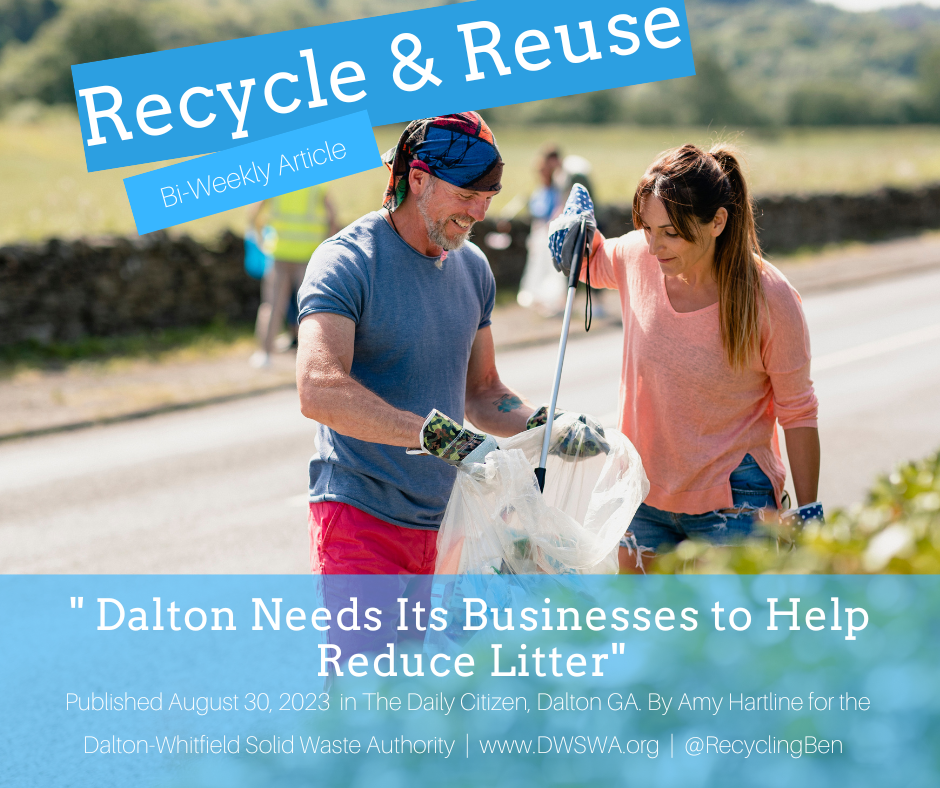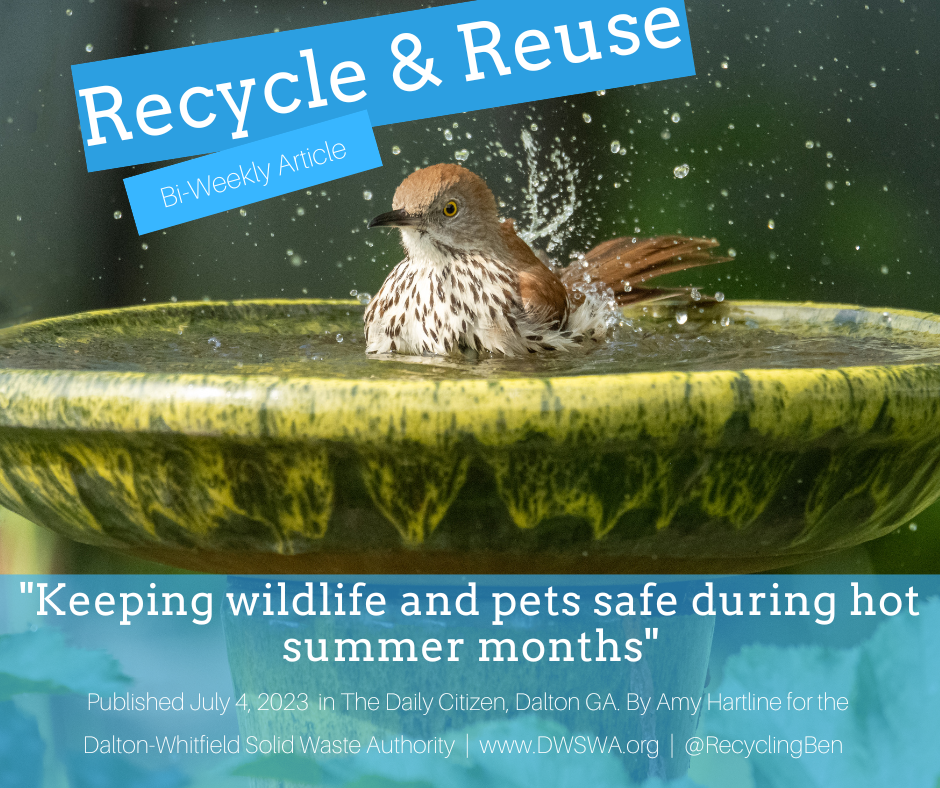This Year’s Environmental News to be Thankful For
/When most people think of hearing news about the state of our environment, they think only about the doom and gloom stories. It’s important to remember that our planet is our responsibility and bad things will happen if we don’t take care of it, but there are plenty of people doing amazing things to help improve it and many of those stories don’t get enough spotlight.
Let’s go over a few good environmental stories from this year that I think will bring you some cheer this holiday season.
Our first piece of good news comes from near by North Carolina State University where researchers have been successful at genetically engineering bacteria to break down plastic in salt water. Specifically, it can break down the plastic we use to make water and soda bottles called polyethylene terphthalate (PET) which makes up a large portion of the litter present in oceans. This is the first organism that has been able to do this. Plastic pollution is present throughout the ocean even at its deepest point, the Mariana Trench, and it has created a massive issue for marine life whether it is getting eaten or tangling up fish and birds. If this research overcomes future hurdles, it could mean be a major player in tackling plastic pollution in our oceans.
Moving our journey southward, Brazil’s deforestation rate has had massive drops. This July the deforestation rate was at a six-year low. In July 2022, 574 square miles were cleared from the Brazilian Amazon, but this year only 193 square miles were cleared. That is a 66% drop! They have been able to accomplish this with increased surveillance and fines. The Amazon rainforest impacts the rainfall and precipitation around the region so not protecting it could lead to a big impact and decrease on agricultural production in Brazil and South America. Thankfully, this year the deforestation rates have dramatically decreased and may continue to do so with increased efforts.
Looking at the other side of the world and still in research, Sweden researchers have found a way to recycle 100% of the aluminum and 98% of the lithium-ion in electric vehicle batteries. Electric cars have long come under fire for their batteries and the environmental ramifications of them. If this process becomes economically feasible across the world, it will make the increase in electric vehicles more successful and eco-friendlier. The process involves pulverizing the batteries until it is a powder that is then dissolved in an organic liquid. The liquid they used was oxalic acid which is actually found in vegetables such as rhubarb and spinach. After that, they separate the metals which lets them recover the lithium which can now be used for new batteries. Lithium batteries don’t just power electric cars, but also your phones, laptops, and cordless power tools this research may go beyond electric car vehicle batteries if it is able to be replicated in other places.
Here at home volunteers have just completed the 29th Annual Conasauga River Watershed Cleanup where they removed 6,538 pounds of litter from our river’s watershed. The Conasauga River is home to 90 native fish species which is 10 percent of Noth America’s fish fauna. Many of the species residing in the Conasauga River are endangered or threatened and getting to the litter in the watershed will help keep these species alive because they will not get tangled in the litter or attempting to eat it. Twenty-nine years ago, the cleanup began at just the Mill Creek site, but this year the cleanup took place at eleven sites.
Both and big and small successes for our planet are happening here and around the world. Between research, government initiatives, and individual action our environment has had many wins this year. It’s important to remember that these are good news stories that just happened, but behind each story are dedicated people working together to make big impacts. While the challenges are real, so are the solutions. This holiday season, take time to reflect on what you are thankful for in your corner of the world and let’s take this winning spirit forward into 2024.


